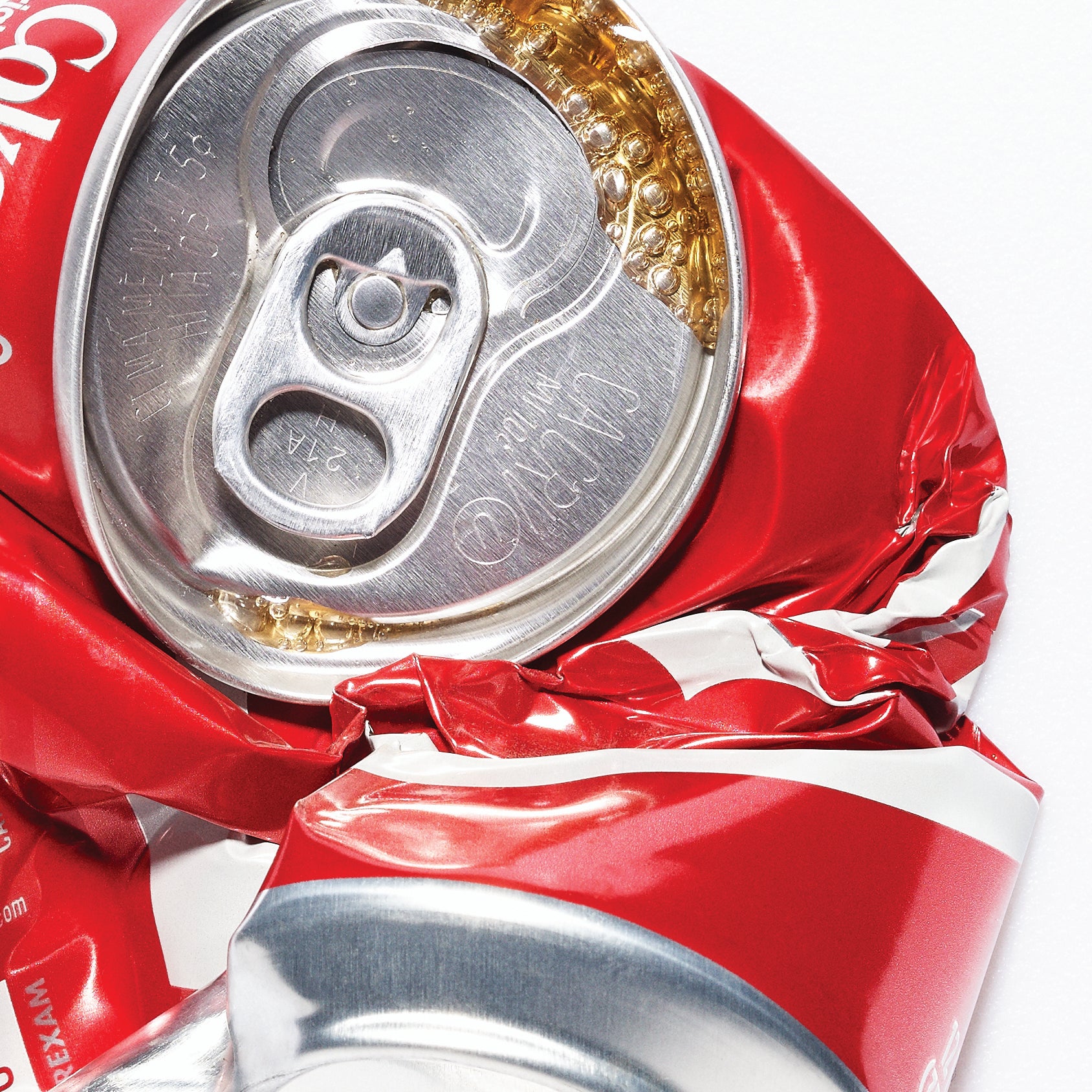For more than half a century, we’ve been led to believe that fat is the root of all dietary evil. Recently, though, increasing numbers of public-health officials and researchers are contending that , causing numerous chronic diseases including gout, cancer, and Alzheimer’s.
The reason it has taken so long to swing popular and scientific opinion is largely because the sugar industry—composed of both trade groups and major corporations like General Mills, the Coca-Cola Company, and PepsiCo—has manipulated or subverted science, paid and pressured researchers, academics, and politicians to ignore the risks, and .
Last September, a revealed that in the 1960s, two influential scientists—Mark Hegsted, administrator of human nutrition for the U.S. Department of Agriculture, and Fredrick Stare, chairman of Harvard’s nutrition department—, a trade group, to place the blame for things like heart disease on high-fat diets rather than high-sugar ones. Hegsted and Stare, both now deceased, helped shape our fundamental understanding about food and influenced the first federal nutrition guidelines, many of which are still in place today. More recently, that a December 2016 , was funded by Coca-Cola and Hershey, among others.
As the deceit comes to light, two recent books attempt to put the final nail in sugar’s coffin: by science writer , and , by New York University nutrition professor . Even if the nefarious nature of sugar comes as no surprise to you, these books should be required reading if only to understand the scope, power, and impact that Big Sugar has had on America’s health—or, perhaps more accurately, sickness.
Both books draw apt parallels between the sugar and tobacco industries. , given its wide use among people of all ages and its largely benign reputation.
These books should be required reading if only to understand the scope, power, and impact that Big Sugar has had on America’s health—or, perhaps more accurately, sickness.
But unlike cigarettes, the evidence against sugar, while convincing, isn’t quite conclusive. While it’s easy to show smoking’s short-term carcinogenic effects at the cellular level, irrefutable evidence against sugar would require lengthy and prohibitively expensive studies, since its deleterious effects can take years or decades to manifest. Though an increasing number of smaller trials point to the fact that our sweets addiction is killing us, Big Sugar has relentlessly exploited the uncertainty, spending millions on marketing and pushing the idea that total calories are the issue, not where those calories come from.
Taubes has already fought that battle. His 2007 book, , went to great lengths to point out that easily digestible carbohydrates—and sugar in particular—affect our metabolism differently and more harmfully than calories from fat and protein.
That’s because sugar can be a powerful hormone disrupter, spiking insulin and facilitating weight gain, the prelude to a host of diseases. Add to that its addictive nature—sugar boosts dopamine, giving rise to cravings—and it presents a double threat.
In The Case Against Sugar, Taubes argues that the proliferation of sweeteners entering the food supply during the middle of the 20th century overwhelmed us physiologically—we simply aren’t adapted to manage the quantity we’ve been ingesting. Look closely and you will find some form of added sugar in almost all processed foods, including “healthy” ones like yogurt and muesli. While Taubes concedes the limitations of the science, he maintains that there is “enough evidence to indict, if not ultimately convict.”
Nestle aims her antisugar efforts more directly at the , primarily Coke and Pepsi. Half of our sugar calories come from sweetened beverages, and a third of those come from soda, . Fructose is metabolized in the liver and can make cells insulin-resistant. What’s more, sugar in beverages is absorbed into the bloodstream much more quickly than sugar in solid foods.
The dangers of sugar may even outweigh those of smoking, given its wide use among people of all ages and its largely benign reputation.
And yet some questions remain. What, if anything, does exercise do to offset sugar’s impact? What amount is optimal for athletes? Some? None at all? There is evidence suggesting that sugar boosts performance: a in a time trial than those drinking only water. It’s also well established that athletes have improved glucose metabolism, requiring less insulin to metabolize sugar.
Athlete or not, some new guidelines are emerging. Nestle is less hard-line than Taubes; she recognizes, probably rightly, that Americans are unlikely to wean themselves off sugar entirely, as Taubes urges, and should instead work at moderation. , an endocrinologist from the University of California at San Francisco and perhaps the most notable sugar researcher working today, suggests that . (The FDA sets a target of 50 grams.)
That number may be flexible—some individuals are more sensitive to sugar than others—but not by much. Lustig’s research indicates that 100 grams per day is toxic for most of us. Our current average per capita daily intake ranges from 120 to 164 grams. For context, a 20-ounce bottle of Mountain Dew contains 77 grams, and a 15.2-ounce bottle of Minute Maid apple juice contains 49 grams. Supporters of a soda tax, like Nestle, delight in touting such figures.
During the last election, five cities across the country passed . As that momentum builds and public opinion shifts, there may come a time, not too long from now, when sugar finds a place alongside nicotine and booze as an easily abused substance with life-threatening consequences.



 Compare and contrast the different types of sugar in your goos.
Compare and contrast the different types of sugar in your goos.